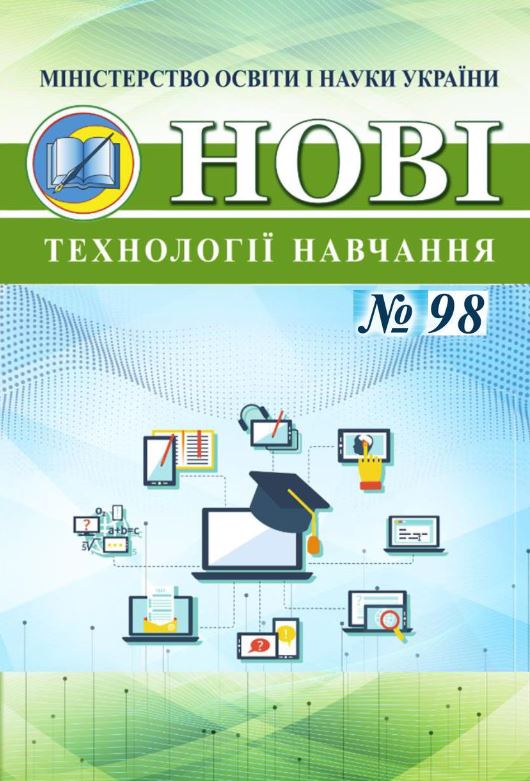Methodology of implementation of acmeological concept of professional development of the future teacher with orientation on spiritual, moral and intellectual personal growth
DOI:
https://doi.org/10.52256/2710-3560.98.2024.98.07Keywords:
pedagogical research methodology, acmeological concept, acmemodels, acmeological environment, professional development, future teacher, spiritual and moral growth of the individual, intellectual growth of the individualAbstract
The study analyzed the features of a person-oriented approach to teaching different age groups of educational subjects. The way to implement the most effective form of education (teaching others/using knowledge in a specific activity) is also outlined in the context of the «learning pyramid» as the most important generalization of the strategies of educational activities not only of students, but also of adults, which reflects the gradation of the effectiveness of these strategies: from the lecture from a low-productive means of educational activity to the most effective means – teaching others, practical use of knowledge, performance of real actions, which realizes the effect of resonance and the phenomenon of «mirror neurons».
This most effective means of education is illustrated through the educational system of the outstanding Ukrainian teacher O. Rivin, according to which the subjects of the educational process learn qualitatively and quickly only what they apply in practice immediately after receiving/assimilating new information: «learned something – immediately tell, explain to another, put it into practice, and if necessary, then repeatedly, sometimes many times».Under such conditions, students apply the acquired knowledge and tell/broadcast this knowledge to others until they themselves master it, form the relevant skills in a perfect manner.
Such directions of the personally oriented approach in the context of psychopedagogy are considered, such as interval repetition methods, superalgorithm (which realizes the phenomenon of neuroplasticity of the human brain). the method of consecutive alternating training cycles.
It is proved that the modern system of education of different age groups of educational subjects should integrate both the theoretical and practical achievements of pedagogical science (embodied in the «learning pyramid») and the achievements of psychopedagogy, which constitutes a certain synthesis of pedagogy and a wide range of human sciences (one of such sciences – neuropedagogy). Under such conditions, we consider the substantiation and creation of a holistic system of education of different age groups of subjects of education, which should combine collective-partnership and individual aspects of educational activity, as a perspective for further investigations.
Downloads
Published
How to Cite
Issue
Section
License
Copyright (c) 2024 Олександра Дубасенюк, Олександр Вознюк

This work is licensed under a Creative Commons Attribution-NonCommercial-ShareAlike 4.0 International License.
Із зазначенням авторства - Некомерційна - Розповсюдження на тих самих умовах 4.0 (CC Attribution-NonCommercial-ShareAlike 4.0)







